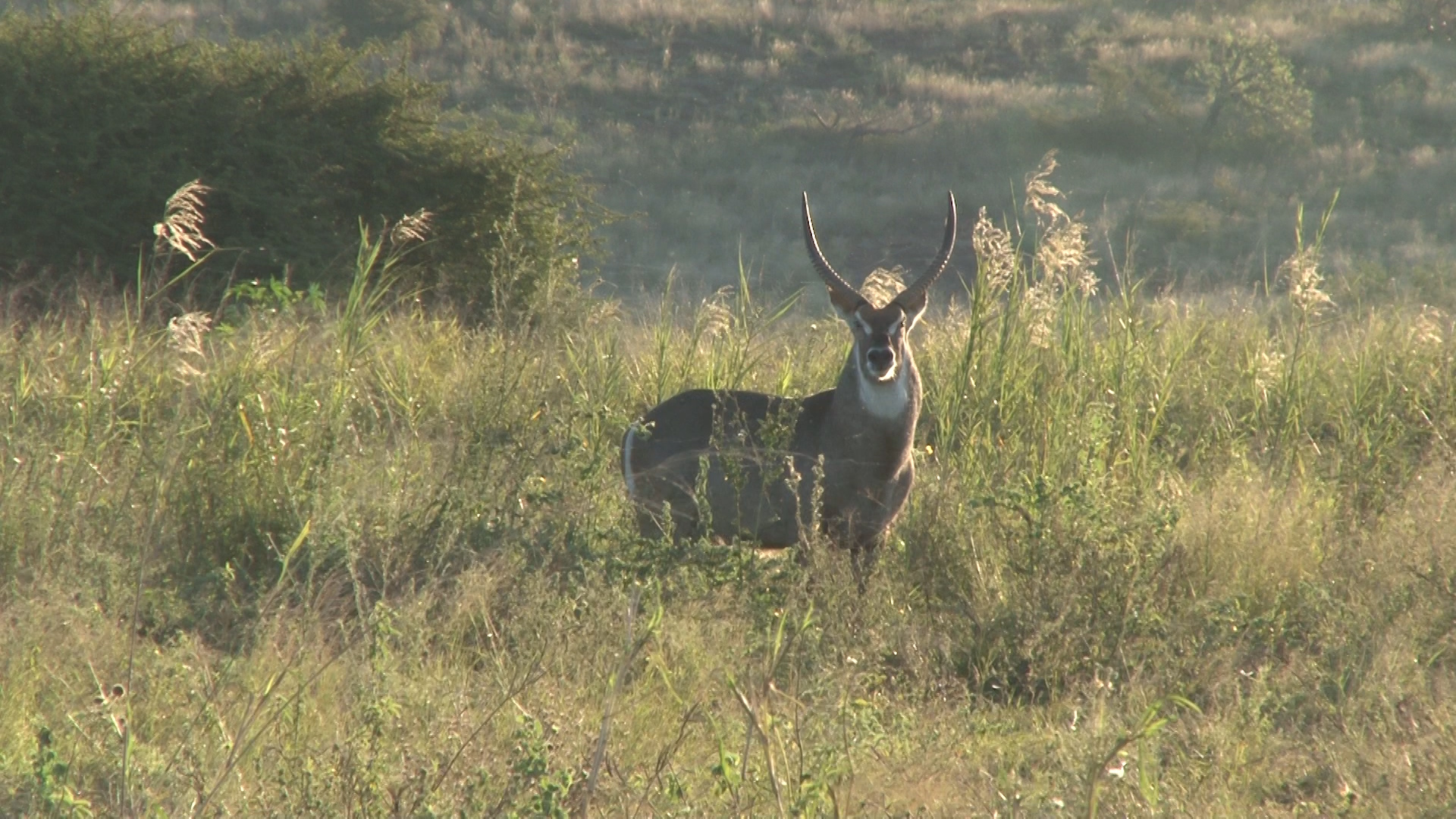The recent political events in Zimbabwe have raised the expectations of a revival in the country’s fortunes. Hopefully the wildlife sector won’t be left out. In 2005 Dr. Rolf Baldus and the late Dr. Graham Child wrote a paper on the prospects of rebuilding the wildlife sector in Zimbabwe.
25 years ago Zimbabwe was one of the leading countries in wildlife conservation and management. The sector earned over US$ 300 million per year through conservation generated by protected areas belonging to the state, rural community run wildlife management areas and private game ranches and reserves. Unfortunately, since then things have deteriorated considerably.
Wildlife however, has a great ability to recover within a relatively short period of time, provided the natural habitats remain intact, sound protection and wise management can be reintroduced. The formerly thriving wildlife sector can be restored, but to achieve this, the assistance of bilateral and international donors and “hands-on” conservation NGOs will be needed.
The future political decision-makers of Zimbabwe as well as donor institutions must not overlook the conservation and sustainable use of wildlife once a new start is possible. Reconstruction of Zimbabwe will certainly draw substantial international support. Wildlife conservation is not a luxury that may be taken up at a later stage after the most urgent tasks of rehabilitation have been achieved. Zimbabwe’s wildlife heritage is the draw card of the country’s tourist industry, which is a sector that can quickly be turned around and play an important role in the reconstruction of the country.
For the recovery of the wildlife sector, it must be incorporated in economic development and poverty reduction strategies from the start of the reconstruction effort. Many tracts of land formerly devoted to wildlife are now occupied or resettled. Appropriate action is needed fast or the remaining wildlife in these areas will be lost forever.
Past experience shows that these areas are unsuited to conventional agriculture, and that wildlife production is the most appropriate form of land use. It is therefore sensible to restore the wildlife populations for the benefit of community-based and/or private management regimes. As is shown, these wildlife-based land use systems mutually benefit one another and are not exclusive.
Furthermore, the sustainable use of wildlife is in line with the Convention on Biodiversity and the ruling principles of the World Conservation Union (IUCN), of which Zimbabwe is a member.
To read the full paper please click on the link below.


